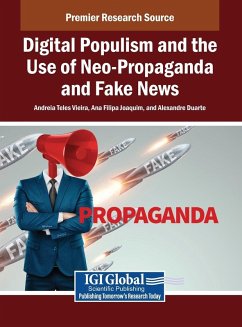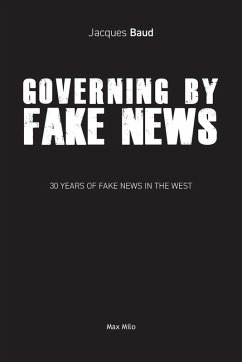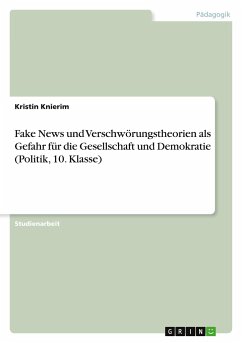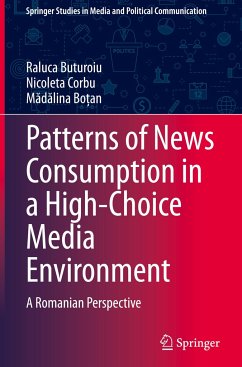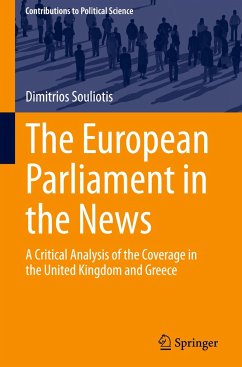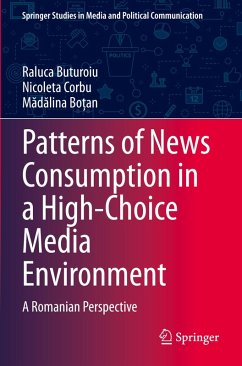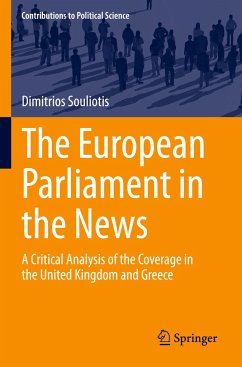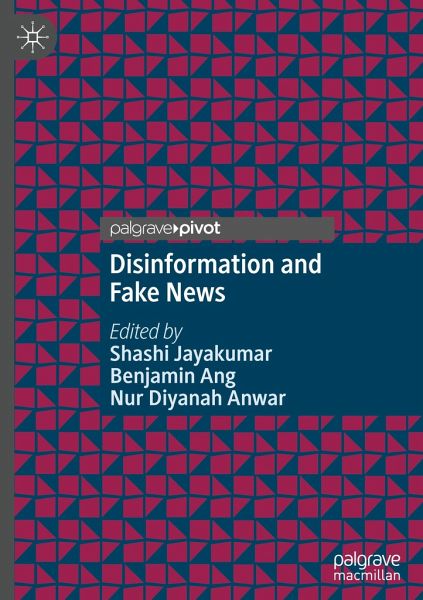
Disinformation and Fake News

PAYBACK Punkte
25 °P sammeln!
This book is a collection of chapters penned by practitioners from around the world on the impact that disinformation and fake news has had in both the online and social sphere.While much has been said about individual disinformation campaigns in specific countries, this book offers a panoramic view of how these campaigns are conducted, who they target, and how they are spread. By bringing together research on specific countries and international data mined from questionnaires and online studies, the understanding of the term 'fake news' is greatly expanded and the issues we face are brought t...
This book is a collection of chapters penned by practitioners from around the world on the impact that disinformation and fake news has had in both the online and social sphere.
While much has been said about individual disinformation campaigns in specific countries, this book offers a panoramic view of how these campaigns are conducted, who they target, and how they are spread. By bringing together research on specific countries and international data mined from questionnaires and online studies, the understanding of the term 'fake news' is greatly expanded and the issues we face are brought to light.
The book includes contributions by experts such as Jean-Baptiste Vilmer (Macron Leaks), and includes case studies from Asia, such as Singapore and Myanmar, written in an accessible manner for the general interested reader, practitioners and policymakers in the field.
While much has been said about individual disinformation campaigns in specific countries, this book offers a panoramic view of how these campaigns are conducted, who they target, and how they are spread. By bringing together research on specific countries and international data mined from questionnaires and online studies, the understanding of the term 'fake news' is greatly expanded and the issues we face are brought to light.
The book includes contributions by experts such as Jean-Baptiste Vilmer (Macron Leaks), and includes case studies from Asia, such as Singapore and Myanmar, written in an accessible manner for the general interested reader, practitioners and policymakers in the field.





